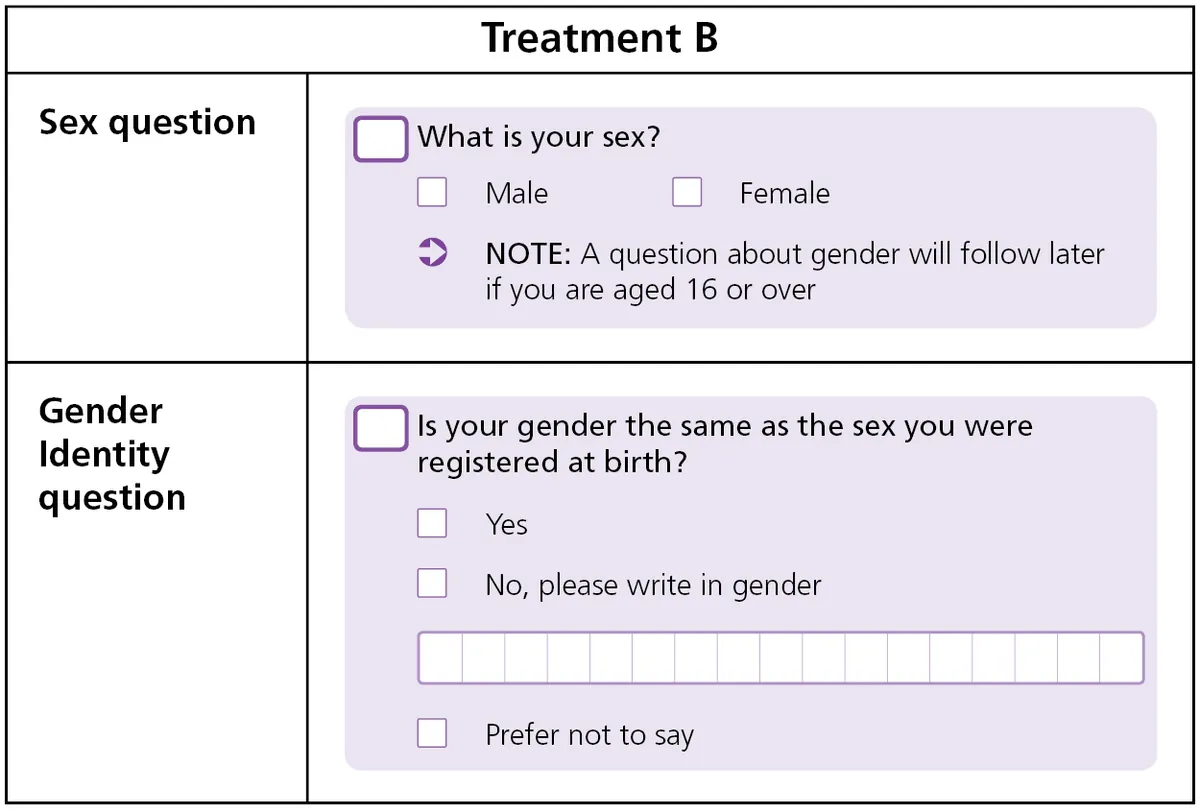UK Census Data on Transgender Population Questioned by Watchdog
A watchdog report suggests Britain's transgender population may be smaller than previously estimated. The 2021 census question on gender identity likely misunderstood, leading to potential overestimation.

The Office for Statistical Regulation (OSR) has released a report indicating that the transgender population in Britain might be significantly smaller than previously estimated. This finding stems from an analysis of the 2021 census data for England and Wales, which was the first to include a question about gender identity.
According to the 2021 census, there were approximately 262,000 transgender individuals in England and Wales, representing 0.5% of the population. However, the OSR report suggests that this figure may be inflated due to misunderstandings of the gender identity question, particularly among certain demographic groups.
Emma Rourke, deputy national statistician, acknowledged the potential for bias in the responses:
"Scotland's census findings, and other sources, are broadly consistent with our gender identity statistics at a national level. However, the available evidence does show there is potential for bias in how the gender identity question was answered by those in England and Wales who responded that they did not speak English well."
The report highlighted several anomalies in the data. For instance, people whose first language was not English were four times more likely to identify as transgender compared to native English speakers. This led to unexpected results, such as higher proportions of self-reported transgender individuals in diverse London boroughs like Newham and Brent than in areas traditionally associated with LGBTQ+ communities, such as Brighton.

In response to these findings, the Office for National Statistics (ONS) has requested a reclassification of the gender identity estimates from accredited official statistics to "official statistics in development." This move reflects the need for further refinement and understanding of this complex topic.
The OSR report noted that while the national estimation of "1 in 200" people identifying as transgender is likely not materially misleading, the same conclusion cannot be drawn for local areas where misunderstandings of the question may have led to higher concentrations of inaccurate responses.
Gender-critical groups and experts have criticized the ONS for the flawed question. Dr. Michael Biggs, a sociologist at Oxford University and Sex Matters trustee, expressed his concerns:
"It's disgraceful that the Office for National Statistics took 18 months to admit that the census question on gender identity was fundamentally flawed. Of the total of over 100 questions in the 2011 and 2021 censuses, this is the first to have been downgraded by the ONS."
Dr. Biggs also suggested that the ONS's relationship with LGBTQ+ rights organizations may have contributed to insufficient scrutiny of the question's development.
The implications of this report extend beyond the census. Other public bodies, such as the annual GP Patient Survey, currently use similar questions and may be obtaining equally questionable results. The OSR has emphasized the need for lessons to be learned from this experience to improve future data collection on gender identity.
As the UK continues to grapple with accurately measuring and understanding its diverse population, this report serves as a reminder of the challenges in collecting sensitive demographic data and the importance of clear, unambiguous questions in official surveys.


































